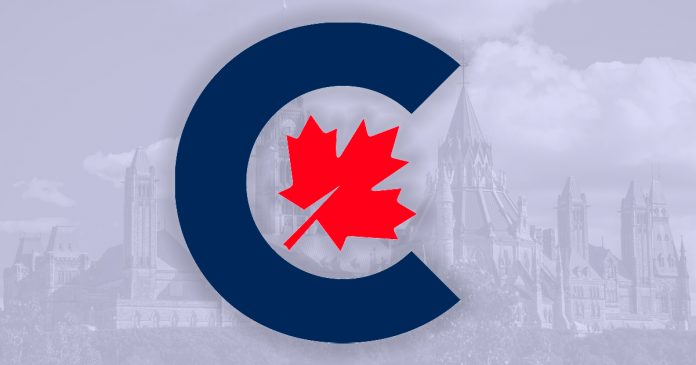Under the headline Shooting Off Target, the non-partisan Macdonald-Laurier Institute (MLI) takes dead aim at pillaging Bill C-21, the bill focused on banning “assault-style firearms,” codifying the 2020 freeze surrounding these weapons and further strengthening Canada’s already robust “red flag’ laws.
Evidence, says the MLI, shows that these changes will have little effect on violent crime, but will adversely affect hundreds of thousands of Canadian hunters, farmers, trappers, collectors, and sport shooters, including Indigenous communities, and those businesses and networks supporting them.
Worse still, these policies distract from meaningful, evidence-based efforts to reduce crime and violence.
Canada, for example, has strictly regulated access to handguns since the 1930s. Beginning in 1932, Canadians wanting to acquire a handgun had to show evidence of an approved need before they could do so.
Current law and practice limit those approved needs to being a member of a handgun shooting club or range, an approved collector, special occupational requirements, and, very rarely, for personal protection.
The law, in this case, says authors Noah Scwartz and Tim Thurley, offers no appreciable public safety benefit; the overwhelming majority of guns misused for the commission of crime continue to stream into Canada illegally from the United States.
Canada’s ability to control the supply of illicit firearms in our country is limited, says the report, since we share the world’s largest undefended border with a country that has the largest supply of firearms in civilian hands.
The report argues that tackling gun violence must involve shifting our approach to focus on community-based interventions in areas where gun violence has taken hold.
“Recent changes to Canada’s gun policies have been shaped largely by political considerations and wedge politics, not by the government sincerely considering public safety research and concerns,” the report reads.
This paper offers a few recommendations for improvement, including that the government remove the freeze on legal handgun transfers, sales, and inheritances, repeal the ban and planned confiscation of assault-style firearms, and review the existing firearms classification system.
This is counter-grain thinking.
Further, they say, the government should give the RCMP Canadian Firearms Program more resources to strengthen Canada’s gun licensing system and properly enforce the existing laws.
“We recommend that the government repeal the costly and ineffective 2020 ban of assault-style firearms, as well as the planned expansion of the ban to include other firearms,” says the MLI’s experts. “Compensating gun owners for their confiscated property from the 2020 Order in Council alone is estimated to cost at least $750 million, and once administrative costs are considered, the entire operation will likely cost several billion dollars.
“Should the government impose additional Orders in Council as it has pledged to do, this figure is likely to increase significantly,” they say. “Despite the high costs, there is little evidence that these prohibitions will contribute to public safety through a reduction in either homicide or mass homicide.
“The downside in fact is known. It will harm Canadian businesses, will erode necessary trust in the Canadian government by gun owners, and will remove firearms from communities where they are necessary for sustenance, employment, or protection from wildlife.
The bottom line is that Bill C-21 will have a significant negative impact on 2.2 million Canadian hunters, farmers, trappers, sports shooters, and collectors, as well as on the businesses that serve this community.
Those affected include the 1.3 million hunters who contributed $5.9 billion dollars to Canada’s economy in 2018, the 1.4 million sports shooters who contributed $2.6 billion, and the 45,000 trappers who contributed $131 million, numbers courtesy of the Conference Board of Canada.
Correction: A typo in this column incorrectly identified the Liberal firearms freeze as taking place in 2002. In fact, it was 2020.



























